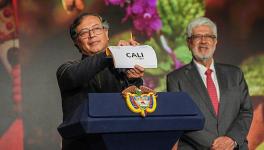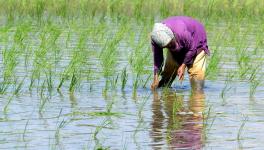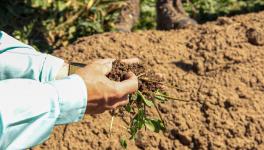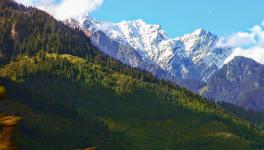Wild Species Can Help Feed the World
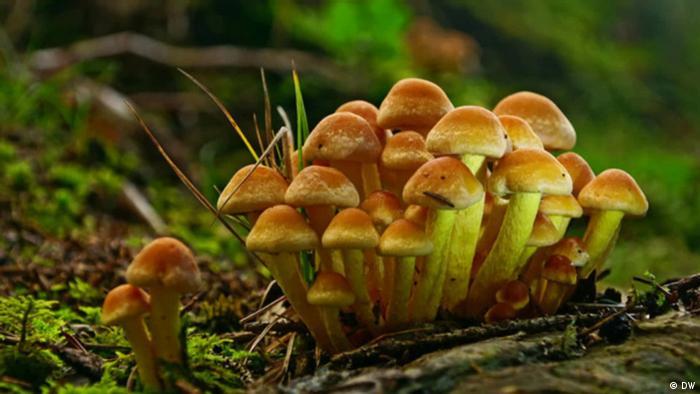
Wild mushroom species are essential to the rich ecosystems that can benefit human lives
"Transformative changes" are needed to save wild species from extinction and preserve ecosystems that are essential to human life, say the authors of a new landmark report from the the Intergovernmental Science-Policy Platform on Biodiversity and Ecosystem Services (IPBES).
The report on the "Sustainable Use of Wild Species" examines options for using algae, animals, fungi, land-based and aquatic plants in a sustainable way.
The result of four years of work by nearly 300 experts and scientists, along with representatives of Indigenous communities, the report is the most detailed scientific summary to date on the benefits of wild species to life on Earth.
"Almost half the world's population actually depend to a greater or lesser extent on the use of wild species. And it's much more prevalent than most people think," said John Donaldson, co-chair of IPBES.
The sixth mass extinction
Currently, about a million species worldwide are threatened with extinction as biodiversity and ecosystem health deteriorates at unprecedented rates.
This undermines economic prosperity while harming the health and quality of life of people around the world.
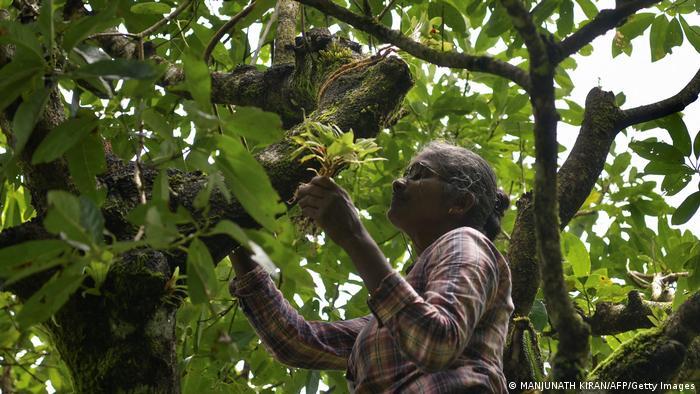
Replanting: local women in India's Western Ghats mountains are protecting a last enclave of biodiversity
Due to man-made climate change, the Earth is currently heading for a warming of 2.7 degrees Celsius (37 degrees Fahrenheit) by century's end compared to pre-industrial times. This level of warming will, compared to normal temperatures, increase the risk to endangered species in extinction hotspots ten fold.
The report builds on findings by researchers that a sixth mass extinction is already underway.
It notes that the nurturing of wild species of fish, insects, fungi, algae, wild fruits, forests or birds of any kind are fundamental to building and preserving sustainable ecosystems.
Wild species benefit people
Protecting wild species and their ecosystems will help secure the livelihoods of millions of people, says the report. Sustainable management of wild species would further bolster one of the UN Sustainable Development Goals of fighting poverty and hunger, it adds.
🐜 Of the 8 million animal, fungi and plant species, only a fraction have been documented, according to the international #Biodiversity council @IPBES.
😟 Mass species extinction is taking place right before our eyes, and yet most of us hardly notice.https://t.co/IatDodh6K9 pic.twitter.com/qGyZK6XgQc— DW Global Ideas & Environment (@dw_environment) July 6, 2022
Two-thirds of all food crops, for example, depend largely on wild pollinators. Meanwhile, wild plants, fungi and algae are part of the diet of one-fifth of the global population.
Some 70% of low-income people globally are directly dependent on wild species, with the use of wild tree species an important source of income for millions worldwide.
But at the same time, the two billion people who need wood for cooking are destroying biodiversity. Most access unsustainable timber, with around 5 million hectares of forest lost annually through deforestation.
Wild species can also produce income without harvesting them for food or cutting down their habitat.
Nature tourism such as scuba diving, bushwalking or wildlife viewing generated $120 billion (€118 billion) in revenue in 2018. National parks and protected areas were visited by 8 billion people worldwide before the pandemic, generating about $600 billion per year.
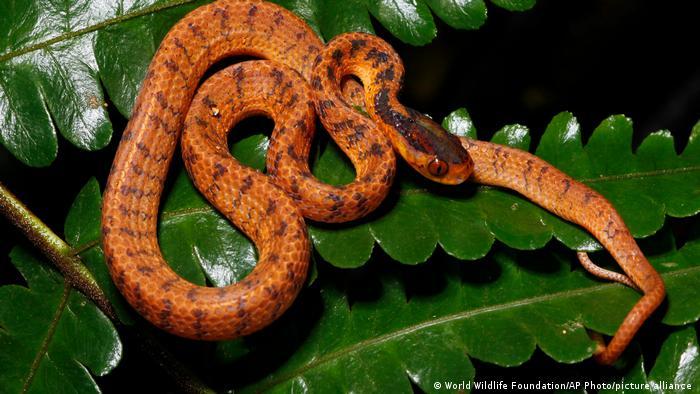
Twin slug snake: recently found in the biodiverse Mekong region of Southeast Asia, it symbolizes the need to protect habitats
From sushi hype to tuna population recovery
Bluefin tuna had been on the verge of extinction since the 1980s due to the rising popularity of sushi, noted Donaldson.
But the shortening of the fishing season, an increase in the minimum size of the fish, new tools to monitor and control fishing activity, and a sharp reduction in fishing capacity, as well as annual quotas, have seen stocks recover.
"Where you get the management done properly," said Donaldson, it not only increases sustainability but "allows for the recovery of stocks where they've been over-utilized."
The authors recommend similar levels of innovation in the timber industry, including the establishment of a functioning certification system, an end to illegal logging, strong state regulations, forestry that respects the land rights of Indigenous peoples and nurtures wild species instead of monocultures.
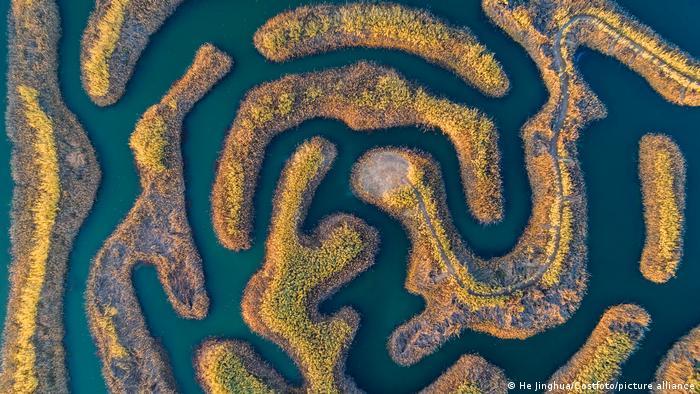
Biodiversity protection and habitat protection are underway in China's Baima Lake National Wetland Park
Indigenous communities 'undervalued'
When proposing how ecosystems could be better protected and used, the report highlights the role of Indigenous communities.
The sustainable lifestyles of Indigenous peoples include crop rotation and resting livestock, stopping certain species from being harvested or hunted during given seasons, all with the goal of maintaining or even increasing biodiversity.
There tends to be less deforestation in areas where Indigenous communities live, the report noted.
Representatives of Indigenous communities directly contributed to the report, which highlighted their shared culture of not taking more from nature than is needed, of avoiding waste, and distributing harvests equitably.
To date, the contribution of Indigenous communities to sustainable use of natural resources has been underutilized and "undervalued," the report's authors note.
This recognition "is progress," says Viviana Figueroa of the International Indigenous Forum on Biodiversity. "Indigenous people are doing the real work in species conservation without being paid for it," she added.
Yet despite this extensive contribution, many communities continue to face human rights violations, from displacement to violence and illegal extraction on their lands.
"[Governments need to] support us in the conservation and sustainable use of wildlife species," said Figueroa. "We want that this report also supports the real action at local level."
This article was originally published in German.
Get the latest reports & analysis with people's perspective on Protests, movements & deep analytical videos, discussions of the current affairs in your Telegram app. Subscribe to NewsClick's Telegram channel & get Real-Time updates on stories, as they get published on our website.









